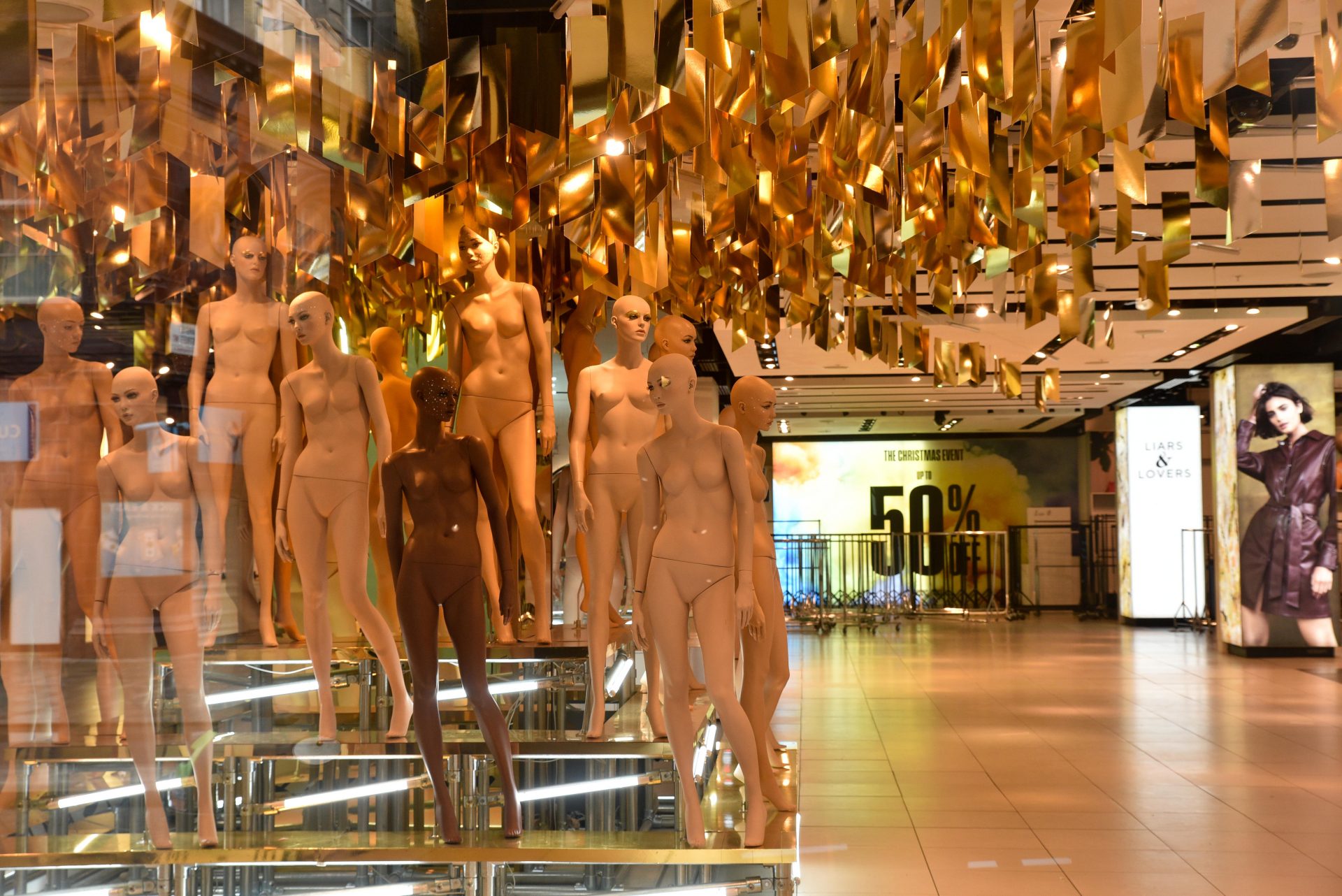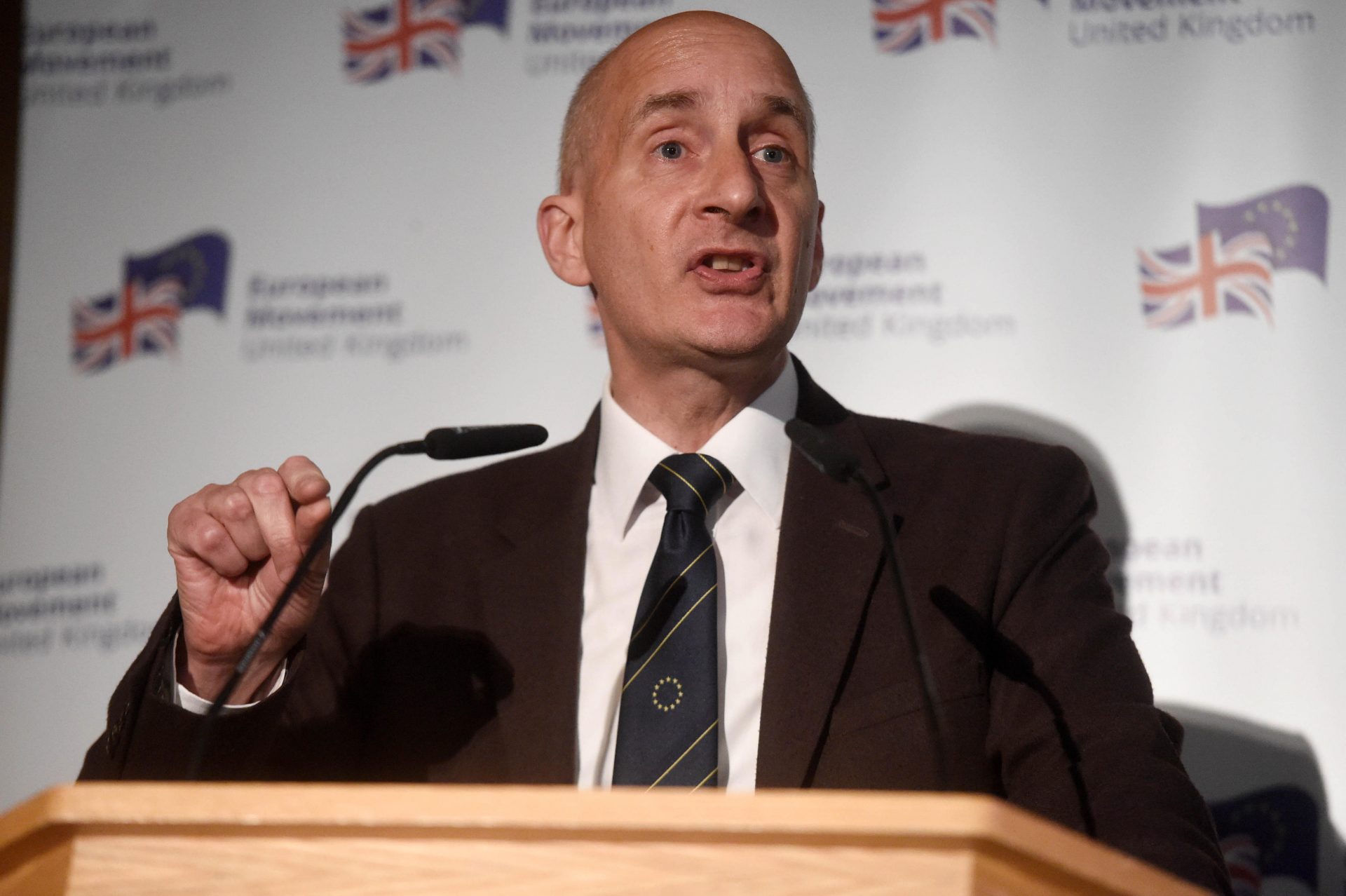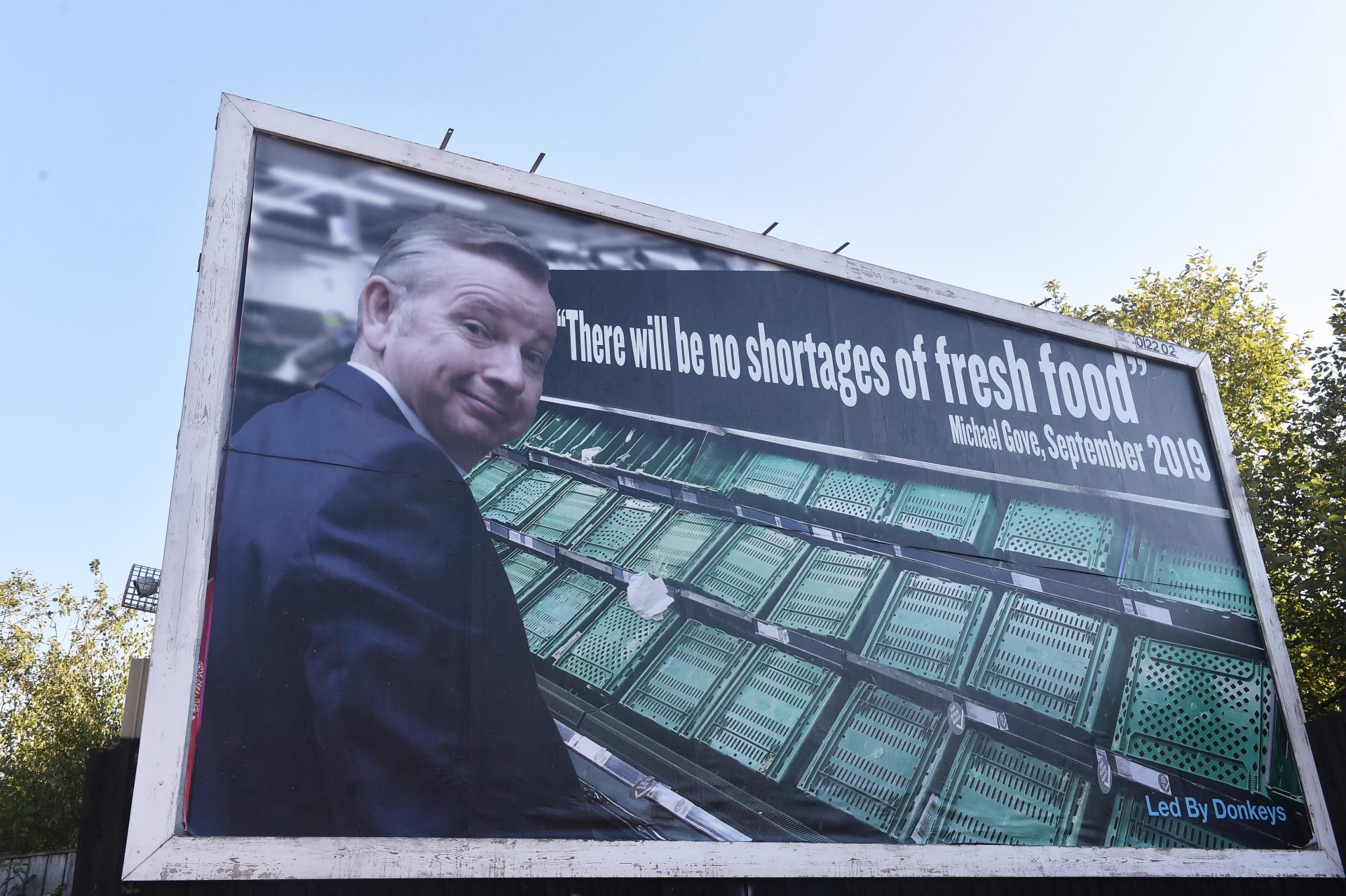In the past few years, Christmas largely meant for me the two shopping emporiums at the end of our street: Liberty and Topshop, Oxford Circus.
Liberty is still there. It began as a showcase for empire, and used to have a rather Victorian air until about a decade or so ago.
Emile Zola writes about a grand department store like this, the “magasin” in his great novel Au Bonheur des Dames. Bonheur is a shop like Selfridges in London, like Macy’s in New York and like Marshall Field’s was in Chicago.
Liberty’s was and still is a dream of Christmas and a dream at Christmas.
Sometimes I would just walk through it, looking at the fabrics, the jewellery and the clothes. It is arranged to make you yearn, to make you dream. And it did.
During the first lockdown, the main sense of it was the clock that chimed the hour, a sound which could be heard floating in the air and which gave Regent Street and Oxford Circus a kind of strange atmosphere. Its sound, alone, was new. New, like the foxes that emerged from their hiding places in Soho Square, roaming the streets with a beautiful impunity; and the seagulls overhead making my part of London sound like Portsmouth.
That clock sound was a hallmark of that first lockdown.
Unlike Liberty’s, Topshop, Oxford Street, was more of a circus, a cauldron of youth and energy.
I knew a few of the shop assistants there, hired for their look and savvy, people who were also helpful and jokey and very smart.
When I asked for something naff, they would patiently explain to me that Topshop was “on trend” regarding clothing and accessories. In other words: what I wanted was out of style. So I was educated, given a kind of road map of what was hot at the moment.
The clothes and shoes and handbags were cheap. I got the earrings I needed for all of my piercings, and above all I had the chance to talk and interact with people young enough to be my grandkids.
They told me everything because I was an older stranger and I didn’t expose them to criticism or rebuke or ridicule or indifference. Maybe I gave them some sort of wisdom and reassurance. I sure hope so.
At any rate, I learnt more from them than they did from me. Then one day, the shop was gone.
It seemed sudden to me, but maybe it was not. I thought that the closure would be temporary because it could not be possible that it would not exist.
It had been there for so long. But it was gone.
And my first thought was of my young friends.
What were they doing? Had they found work?
The idea that Millennials and Gen Z people are “snowflakes” is repulsive to me. The cost of housing, the lack of jobs and the demand for higher education to even qualify for a lot of work, is the opposite of my own youth.
Then I could pay my way through university because you could work at anything. Jobs were there.
I could live in a cheap place because rents were cheap. Food was cheap. Clothes were cheap. Not any more.
As I stood looking at the literally boarded-up massive frontage, I thought about Sir Philip Green.
I have no idea of his role in what happened to “Toppie” and, in a sense, it doesn’t really matter.
I thought of his home, of his part of France, the Riviera, which I know well. I know that he can fly into Nice airport on a private jet; take his helicopter over to Monaco where no taxes are paid in the nation and where the oldest citizenry per capita in the world live.
I hope that his Christmas is happy and peaceful.
Now Ikea is rumoured to be moving into the space that Topshop inhabited and that makes sense to me.
This once-in-a-century pandemic may turn out to be as game-changing as The Black Death of the 14th century. Time will tell. But what we certainly are doing is using home as a serious base of operations.
Maybe as the centre of our lives, as we go in and out of lockdown, in an attempt to make this virus endemic instead of pandemic. Everything is happening at home. Even Big from Sex And The City died at home in the first episode of the sequel And Just Like That.
And just like that, Big has a fatal heart attack after exercising on his Peloton.
And just like that, too, Topshop was gone.
It is said that Dickens invented the Christmas that we all celebrate. That it is, in the end, a kind of fantasy of a fantasy of Victorian England. All “God Rest Ye Merry Gentlemen” and so forth, something that we can all enjoy.
The collision going forward will be between home and the outside world. Will we go out? Will we mingle with others? Will we go shopping like we used to?
Go to the big department stores, full of strangers, and revel in that, love being in the midst of that? Will we be able to, will we want to again?
Zola describes the ascendancy of his fictional department store as “le triomphe du grand écrasant le petit”, the big department store smashing the small local shops.
But somehow, to me, Topshop, Oxford Circus, was a local shop, was a small business within an empire and the people who made it that way were the young staff on the shop floor, who didn’t care if you bought anything or not.
I hope that, wherever they are now, Christmas is glorious for them. They deserve it.




